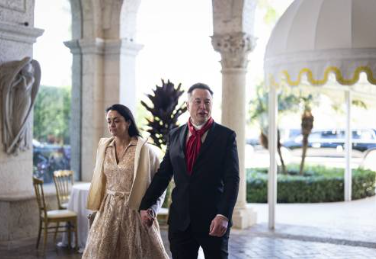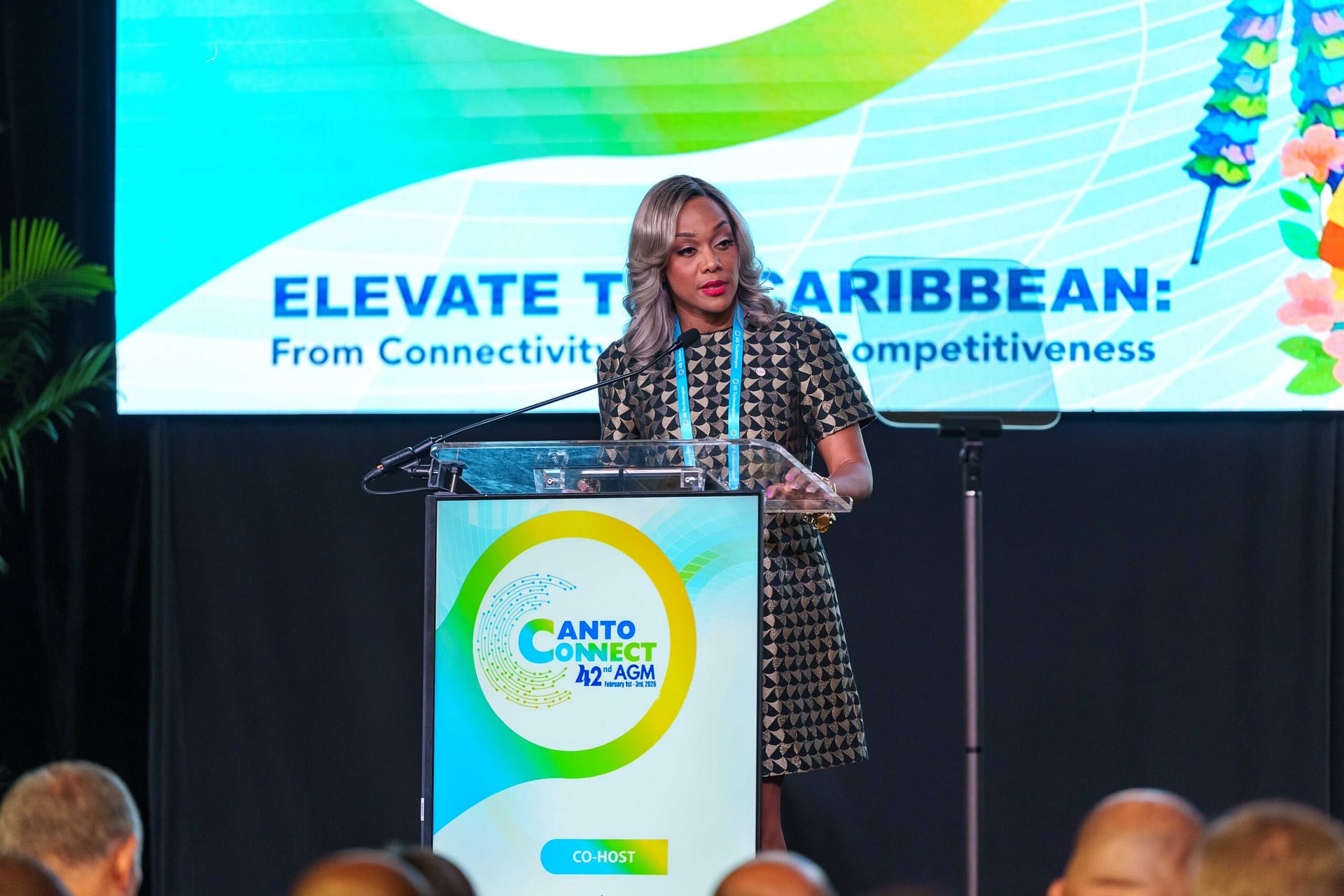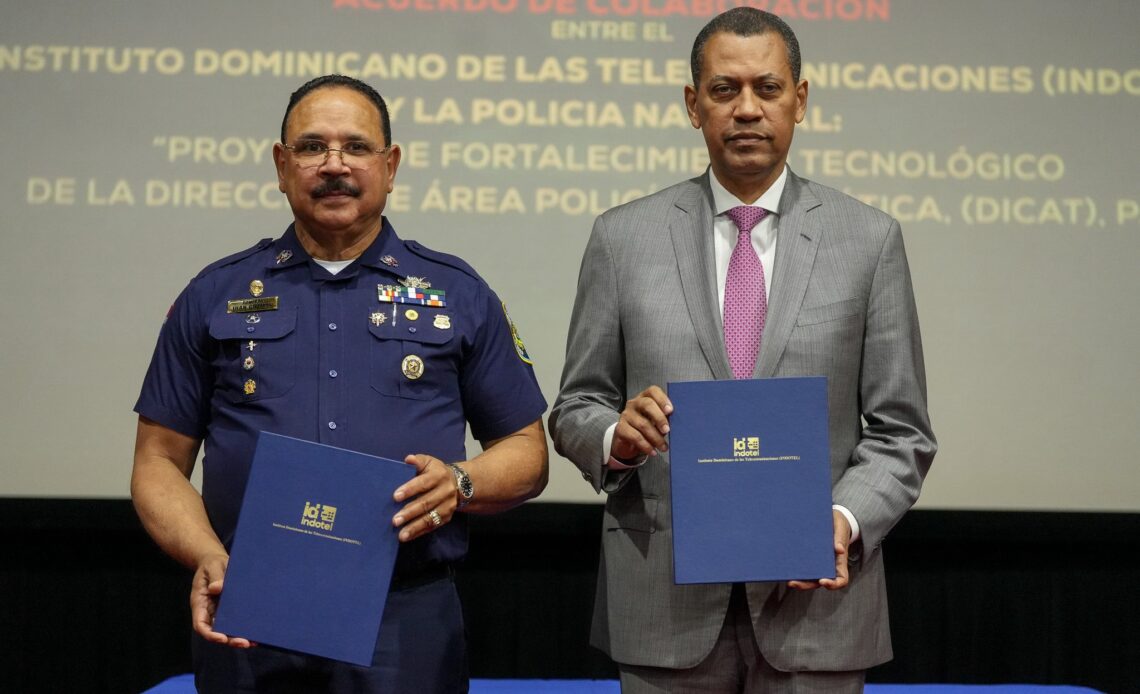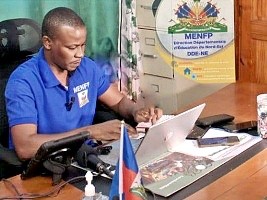American technology company Sociologix is preparing to launch RIYDE, an innovative artificial intelligence-driven platform combining ride-sharing and on-demand delivery services in Guyana. This comprehensive super-app aims to transform mobility access while simultaneously addressing environmental concerns through its unique operational model.
The Guyana-focused initiative represents a strategic entry into a nation recognized for its exceptional forest coverage. According to Forest Carbon Partnership Facility data, approximately 85% of Guyana’s national land area consists of forest, totaling about 18.4 million hectares. This environmental context aligns with the country’s Low Carbon Development Strategy 2030, which prioritizes forest conservation and sustainable development.
RIYDE’s feature set encompasses the full spectrum of transportation and delivery services found in leading regional platforms. The application will offer on-demand and scheduled rides, multi-stop itineraries, pooled transportation options, and real-time driver tracking with estimated arrival times. The delivery marketplace will initially support prepared meals, groceries, over-the-counter pharmacy items, and select consumer electronics, utilizing both company-managed drivers and third-party couriers.
A distinctive aspect of Sociologix’s approach involves its revolutionary profit distribution model. The company plans to allocate up to 80% of platform profits directly to drivers and couriers through enhanced per-trip compensation and incentive programs. The remaining 20% will sustain the RIYDE ecosystem, funding product development, safety operations, customer support, insurance compliance, and sustainability reporting.
The platform’s proprietary AI infrastructure performs critical optimization functions including intelligent dispatch matching to minimize pickup times and reduce empty mileage, pooling feasibility analysis to increase vehicle occupancy, eco-routing to decrease congestion and idling, and advanced risk management controls with GPS spoofing detection.
For emissions benchmarking, Sociologix references the U.S. Environmental Protection Agency’s baseline of approximately 400 grams of CO₂ per mile for average passenger vehicles. The company projects significant environmental impact, with modeling suggesting an 8-18% reduction in carbon emissions per service kilometer during the first year of operation in Georgetown, potentially avoiding 185-417 metric tons of CO₂ annually. At full national scale within three years, these savings could reach 1,854-4,326 metric tons annually.
The initiative will be accompanied by a monthly ‘Green Ledger’ transparency report detailing trip volumes, modeled emissions reductions, and conservation allocations. This program directly supports Guyana’s national development strategy while aligning with recent UNFCCC REDD+ documentation that recognizes the country’s high forest cover and minimal deforestation rates.
Leading the technological development is Gaurav Masram, an award-winning technology designer serving as Lead Innovator for platform architecture, AI optimization, safety engineering, and sustainability measurement.









